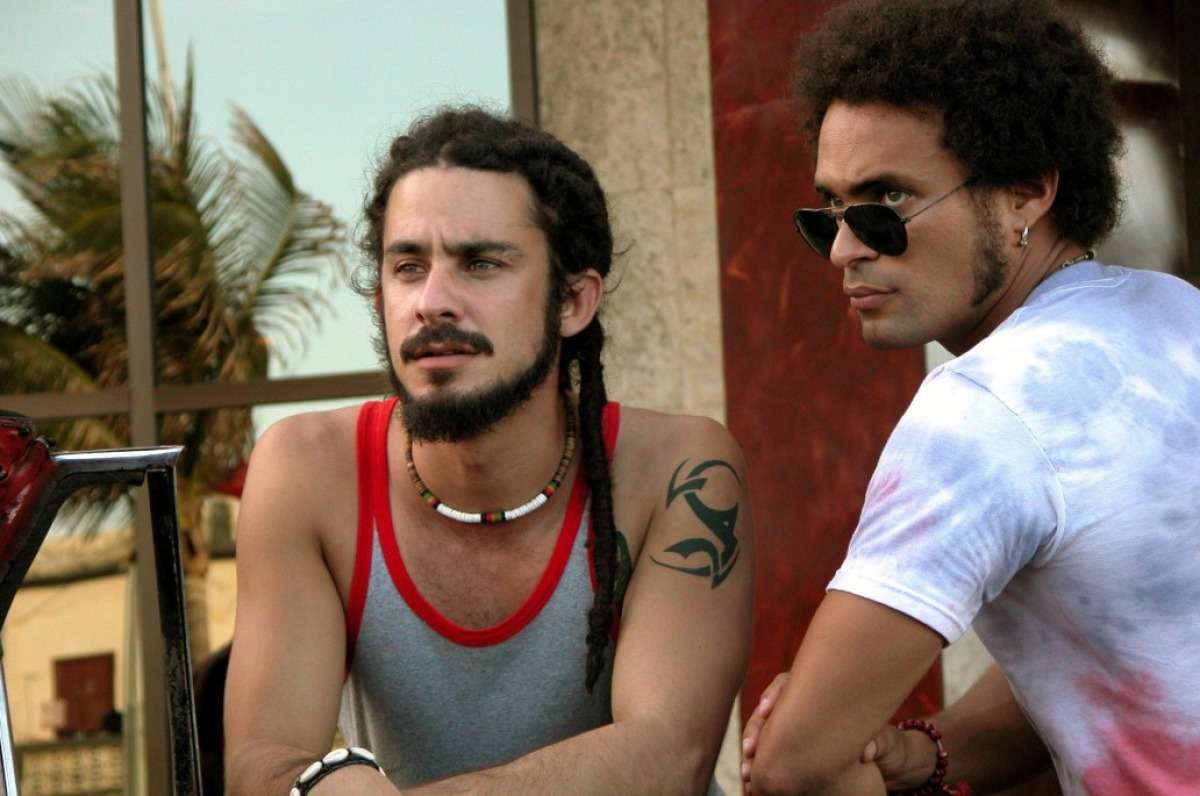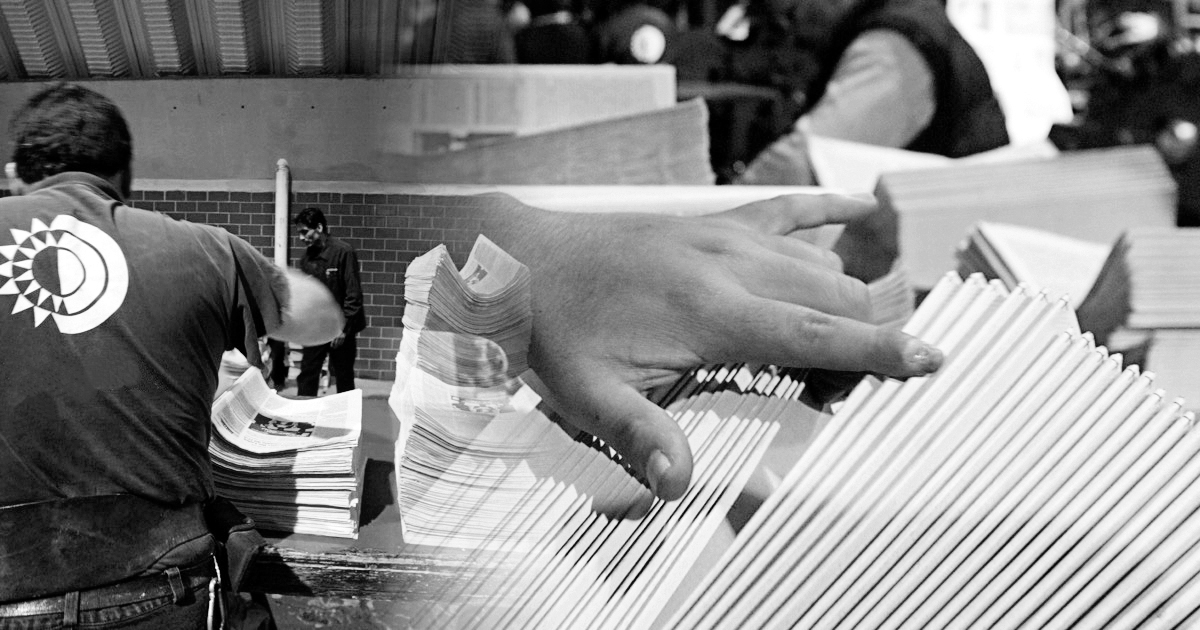Criticism has among its traditions to remember musical works when closed anniversaries of their publication are fulfilled, or some specific date related to their coming to light.
There are works, however, that due to their relevance, due to their daily permanence on the city’s asphalt, are simply impressive and come into force on a daily basis. I don’t remember a movie in recent years that has better defined a generation in Cuba than Havana Blues.
The film by Benito Zambrano, released in 2005, captured the persistent cries of life on the island live; the scene underground, its musicians, its public, the separations and that enormous festering wound on the skin of the country: emigration.
X Alfonso wonders “how long can a heart last without the beating of believing” in a section of the film’s soundtrack. The theme is “Arenas de soledad” and it is one of the most overwhelming songs in the film.
The question is repeated and sets the stage for other questions that go through the plot. It is followed by a rosary of songs that assume and put the country in front of its own mirror. Cuba versus Cuba.
When it was released, the film exposed us. It revealed many of our pains and anxieties as a generation. No half measures. “This is also your reality, your possible future and you can do whatever you want with them”, Benito Zambrano seems to tell us in overwhelming silence.
Varela, Santiago, Polito had done it before, with songs that revealed the scars that existed, which were emerging until they finally became an erupting volcano in a large part of the families, in a large part of Cuba.
“Arenas de solitude” continues by saying that the interpreter feels trapped by what he has experienced. The song is heard far away, in a fictitious space, but the theme has a lot to show for it.
In 2005 we did not expect a film with the emotional magnitude of Havana Blues. It took us by surprise in the middle of an age in which there was still room for illusion. The concerts, the Rock And Roll, furtive sex, cheap alcohol, hopes placed on a university degree to hang on a wall in the living room and at the entrance of our parents’ lives.
In those years there was still a lot of discovery. I arrive Havana Blues and he told us with all the crudeness extracted from reality that the wind was not in our favor. And that the document hanging in the room could become pure decoration overnight.
No one had explained it so well to the young people of that time, with so much symbolism. The identification was complete. Snapshot. It was above all because the film was intended for an audience that was on the screen.
Any of the wondrous creatures of the underground Cuban remained in the film, even though the camera had not captured them. Some came out as extras in a scene that became a tribute. It was the other Cuba, the discourse foreign to the official discourse, life in the dark side of the moon. We are impregnated by the power of music, but above all by the power of words.
X sings that he feels trapped by what he has experienced, that we are all tattooed tears of my Havana Blues. Exhaust plays “Cuba Rebellion”, and Green land asks that we live together as brothers.
On the other side, each one falls under the weight of their emotions. “Everyone has left looking for the way, everything he has loved, everything he lost.” Those songs tightened the rope of what we were at that time and made us feel part of a generation that was already groping its way, without fully imagining what those songs were advancing.
At concerts, the music of Havana Blues became an apotheosis. You had to live those nights in which many had not yet discarded the dreams of childhood to understand the magnitude of the moment. We climbed on top of the songs to shed sweat, to recognize ourselves in other bodies, to vindicate the debauchery, without realizing that we were also dancing on Cuban pain.

“The future is a matter of running”, without knowing the direction—it is not a lack of faith. And then the voice of X Alfonso is shielded with chords of Rock And Roll and breathe until you explode in the middle of the riff guitar playing more furious when he says that they are going to the sea in silence. She is followed by an orgy of guitars and electric sounds. The soundtrack progresses.
There are many ways to evaluate a movie, a record, a book, or any work. But when an artistic dedication makes a space in the flow of emotions of a generation, it can be sensed that it is a high-calibre proposal. The test of time, it is known, is not passed by anyone. Havana Blues even today dazzles and awes.
The film, on the other hand, had the virtue of showing the world artists who, to a large extent, remained in the media and institutional obscurity. Most of those who recorded have already left Cuba. Exhaust, Porn for Ricardo, Free Hole BlackDescemer Bueno, Kumar, Qva Freeamong many others that are already names that are also pronounced from other shores.
Despite the years, Havana Blues It looks like it was released yesterday. Many of those adolescents and young people discarded the idea of fulfilling their childhood dream in Cuba and today they are anywhere in the world, seeking to survive in the same reinvention process that the film recreates. “We are all tattooed tears of my Havana Blues”.






